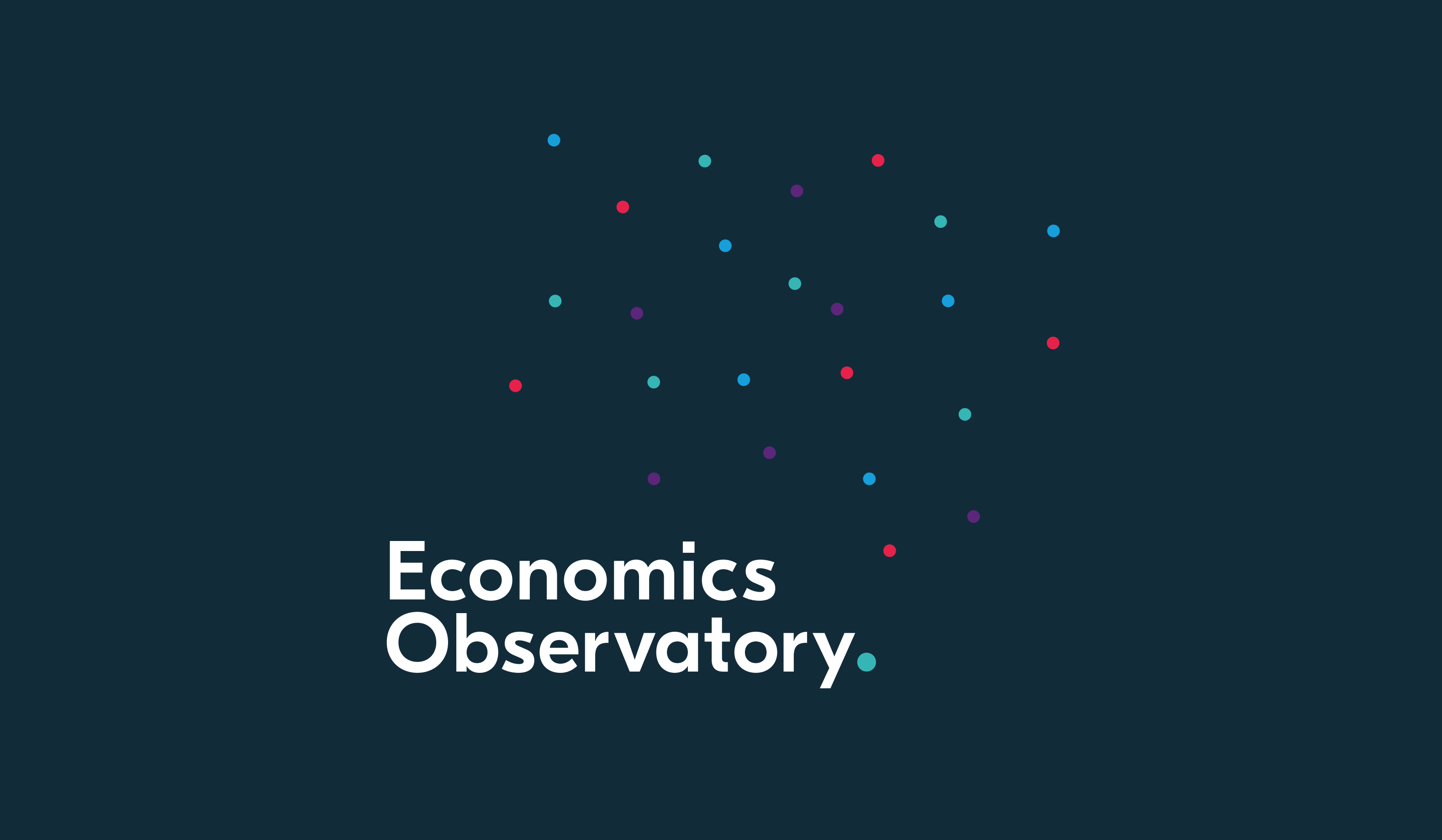Website | Visualisations | Data |
Welcome to the ECOdataHUB! Here we host the our auto-updating datasets that fuel the interactive charts on the ECOdata dashboard. Here you will find all the data visualisations and datasets attached to the ECOdataHUB and published on the Observatory website. Each visualisation is published under an open source MIT licence, and you are free to reuse/reproduce/redistribute, with attribution. Please look at the original data sources for their respective data licenses and usage policy.
All of our chart data are published under their respective article data subfolder, but on top of that, we also operate the ECOdataHUB, where you will find a trove of data used in our articles and analyses, as well as interactive visualisation exploration interfaces. Whenever possible, we try to follow a TIDY format. You can read about our data zen in 📐data guidelines.
| Pubished | Updated | Article | Source | API | Data | Code |
|---|---|---|---|---|---|---|
| 2021.04.20 | 2021.04.20 | Data Hub: Labour market | Office for National Statistics | model | folder |
You will find the datasets we curate and mirror in the data folder, sorted as provider/dataset/series. Whenever possible, and unless absolute necessary for the visualisation, we strive to maintain a "mirror only" attitude - i.e. most of the files are direct backups of the original API call responses. Whenever new data becomes availabe, these datasets update automatically.
Under panels each visualisation has their own (usually Vega-lite or Vega, but sometimes a D3plus or eCharts) json specification. We normalize the data and compile the visualisations using the parser.ipynb Jupyter notebooks. Every panel folder contains 3 visualisation specification files:
- In
*_eco.jsonthe data for the visualisation is loaded from this repository (recommended use) - In
*_live.jsonthe data for the visualisation is loaded directly from its original location (e.g. ONS API) - In
*_local.jsonall data is stored as a staticJavascript Objectinside thejsonfiles (this is the safest but also the slowest)
Furthermore, we maintain a viewer.html in every panels folder that can take a data source parameters as its URL hash. E.g. visiting https://economicsobservatory.github.io/ECOdataHUB/panels/viewer.html#lms/lms_eco will open the viewer for the lms dataset with the eco data source specification. This is the recommended way for embedding our visualisations on other sites.
Head over to our ECOvisualisations repository for all of our charts sorted by article. We try to follow industry best-practices in data visualisation and try to establish our very own visualisation guidelines for all chart types. You can read about these, as well as the tools we use in 📐visualisation guidelines.
We are constantly expanding the capabilities of the ECOdataHUB. To learn about the technologies used or build a similar datasets or charts like this you can follow the instructions on the guidelines page. If you discovered any bugs or have any specific suggestions or feature requests please use the Issues page.
The Economics Observatory is run out of the University of Bristol and you can read more about us here. For any technical or visualization-related questions you may contact Dénes. For economics-related queries and anything else about the site content, or further collaborations, you may contact Charlie.
If you would like to use the site as an information source or any of the visualizations or the data presented, you are free to do so under an MIT licence (you're free to modify anything, as long you as you mention us). Furthermore, the content of all of our articles presented on the Economics Observatory website is shareable under a Creative Commons ShareAlike 4.0 license.
If you would like to refer to it in publications or other scientific works of any kind, please use the following style:
Title of article or chart, Economics Observatory, 2021,link to article or chart, published on:publication date, accessed on:access date


